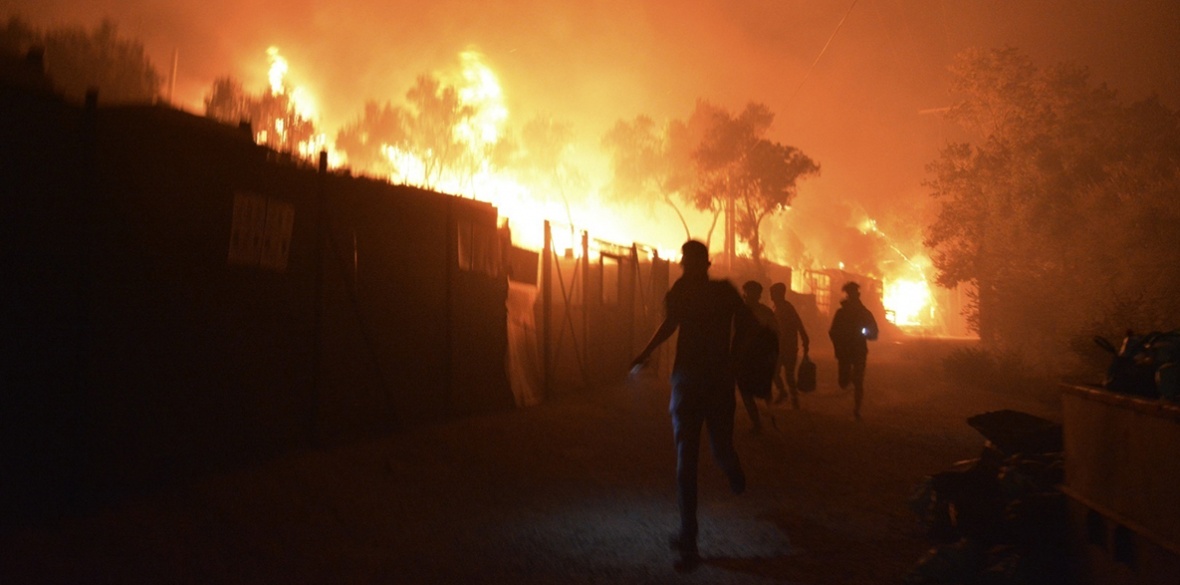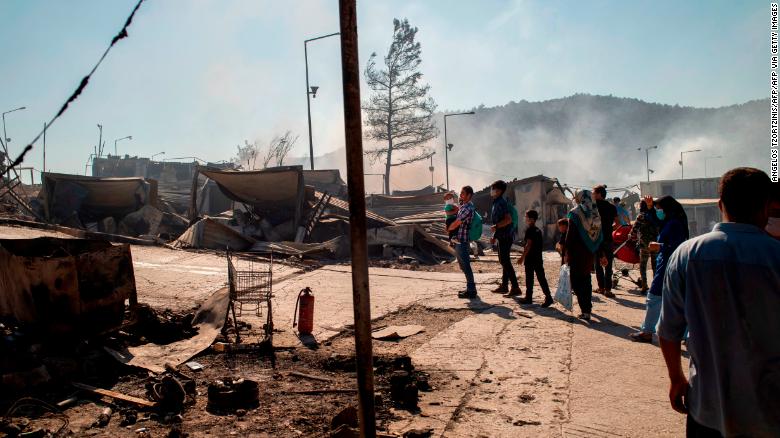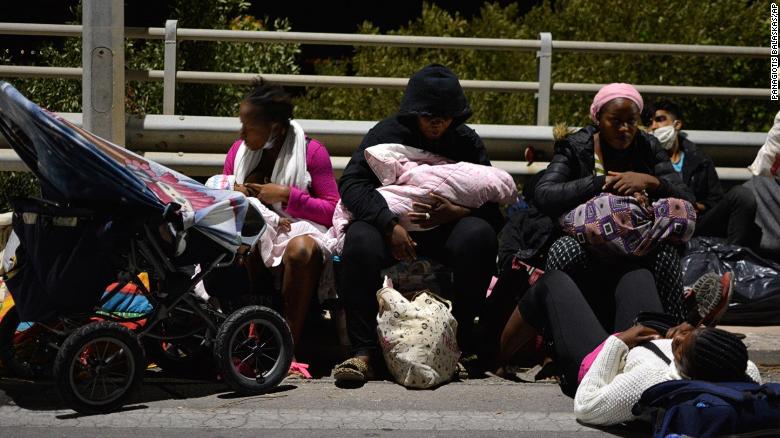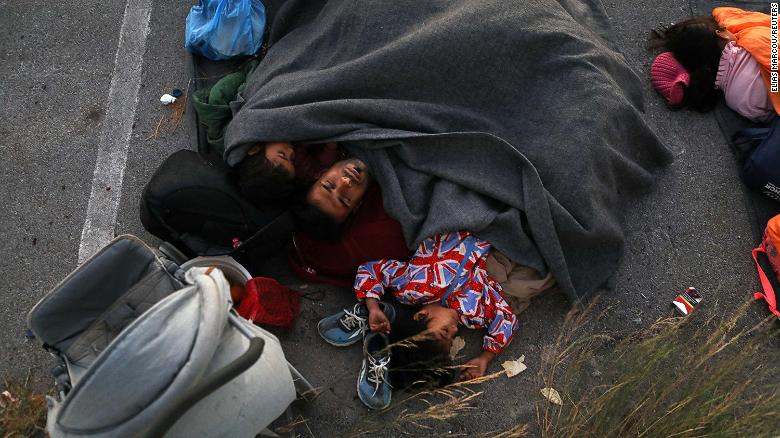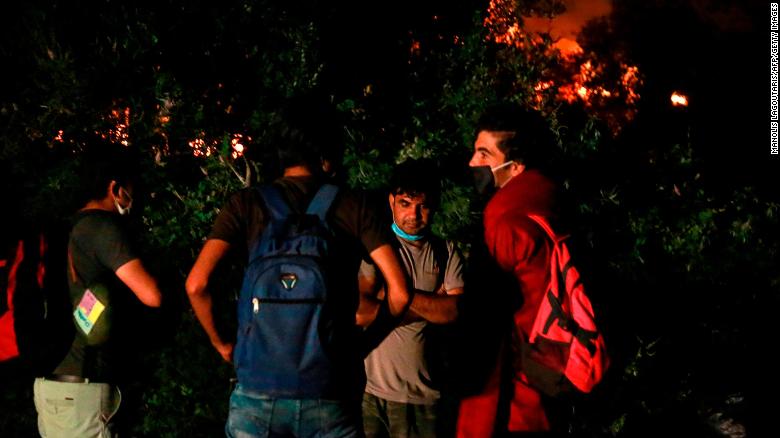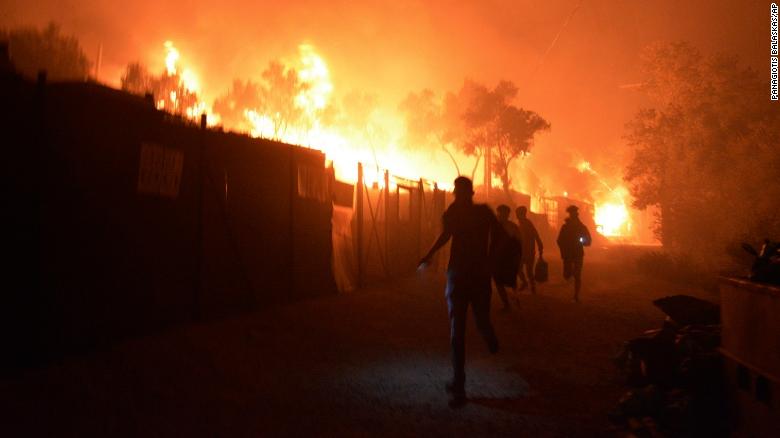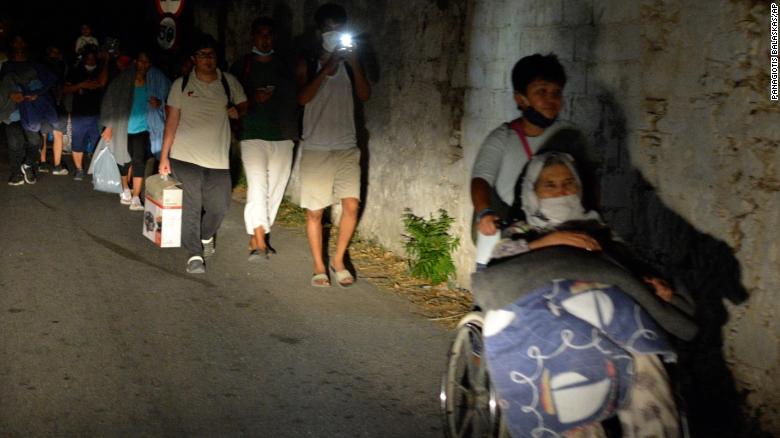Big Farms Make Big Flu: Dispatches on Infectious Disease, Agribusiness, and the Nature of Science
$20.40 – $89.00
https://monthlyreview.org/product/big_farms_make_big_flu/
Thanks to breakthroughs in production and food science, agribusiness has been able to devise new ways to grow more food and get it more places more quickly. There is no shortage of news items on the hundreds of thousands of hybrid poultry—each animal genetically identical to the next—packed together in megabarns, grown out in a matter of months, then slaughtered, processed, and shipped to the other side of the globe. Less well known are the deadly pathogens mutating in, and emerging out of, these specialized agro-environments. In fact, many of the most dangerous new diseases in humans can be traced back to such food systems, among them Campylobacter, Nipah virus, Q fever, hepatitis E, and a variety of novel influenza variants.
In Big Farms Make Big Flu, a collection of dispatches by turns harrowing and thought-provoking, Rob Wallace tracks the ways influenza and other pathogens emerge from an agriculture controlled by multinational corporations. With a precise and radical wit, Wallace juxtaposes ghastly phenomena such as attempts at producing featherless chickens with microbial time travel and neoliberal Ebola. Wallace also offers sensible alternatives to lethal agribusiness. Some, such as farming cooperatives, integrated pathogen management, and mixed crop-livestock systems, are already in practice off the agribusiness grid.
While many books cover facets of food or outbreaks, Wallace’s collection is the first to explore infectious disease, agriculture, economics, and the nature of science together. Big Farms Make Big Flu integrates the political economies of disease and science into a new understanding of infections.
In Big Farms Make Big Flu, Rob Wallace stands boldly on the shoulders of giants in clearly expressing the problems with our agroindustrial system that so many already see but far too few are willing to say. With mordant wit and a keen literary sensibility, Wallace follows the story of this dysfunctional—and dangerous—system wherever it may lead, without regard to petty concerns of discipline or the determined ignorance of the commentariat and mainstream research institutions. Big Farms Make Big Flu shows the power, possibility, and indeed, absolute necessity of political ecology, lest we not only fail to properly understand the world, but fail to change it.”
These essays put you in the company of a delightful mind. Wallace is filled with curiosity, deep learning, and robust skepticism. In his company, you’ll learn about phylogeography, clades and imperial epizoology. He can also weave a mean story, with the kinds of big picture analysis that puts him alongside minds like Mike Davis’s. Who else can link the end of British colonial rule in China or the devaluation of the Thai Baht to the spread of bird flu? This collection is a bracing innoculant against the misinformation that will be spewed in the next epidemic by the private sector, government agencies and philanthropists. My copy is highlighted on almost every page. Yours will be too.
This collection of short, provocative essays challenges the reader to draw important connections between industrial farming practices, ecological degradation, and viral epidemiology. Wallace deftly links political analysis of biological and economic phenomena, demonstrating the importance of place, capital and power in discussions about disease outbreak dynamics.
If you’ve missed the wit and brilliance of Stephen Jay Gould, here’s consolation: holistic, radical science from the frontlines of the battle against emergent diseases. Using the wide-angle lens of political ecology, Rob Wallace demonstrates the central roles of the factory-farming and fast-food industries in the evolution of avian flu and other pandemics that threaten the entire planet. Bravo to MR Press for publishing this landmark collection of essays.
Eye-opening and disturbing, Big Farms Make Big Flu calls into question the status quo of livestock farms. Chapters directly address both potential hazards, and prospective solutions that could prove more humane for both the farm animals and humanity as a whole. Extensive notes and an index round out this alarmist yet highly recommended scrutiny.
Noam Chomsky has repeatedly noted that telling the truth sometimes requires making outlandish statements, which then requires considerable intellectual effort to explain why the statement only seems outlandish when it is evidently the truth. Wallace knows his Chomsky. He has, in his own words become an “enemy of the state,” and repeatedly makes “outlandish” statements in his thoughtful and thought-provoking collection of essays in Big Farms Make Big Flu. For example, one that summarizes much of his thinking is “Big Food has entered a strategic alliance with influenza … agribusiness, backed by state power home and abroad, is now working as much with influenza as against it.” Outlandish to be sure. But convincingly true nevertheless…
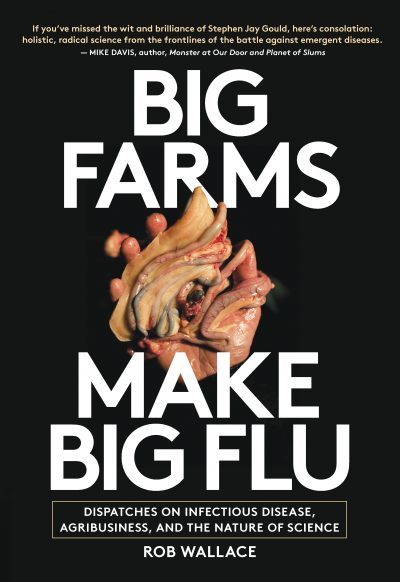



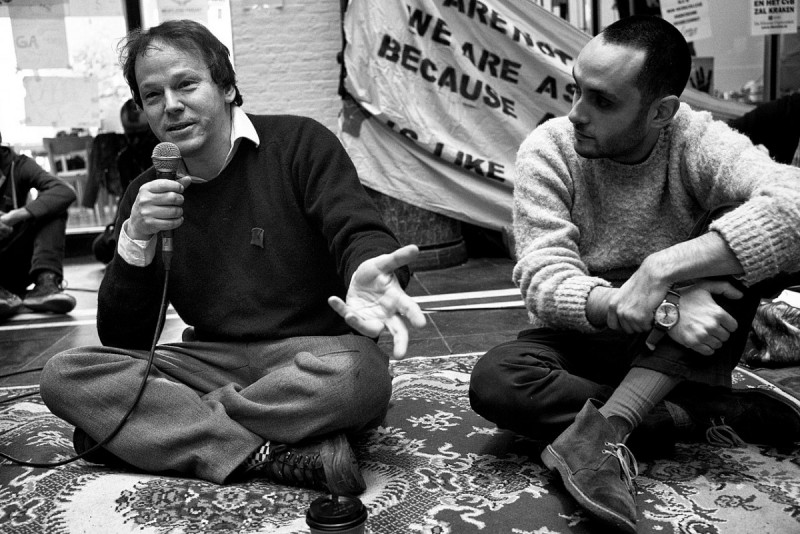

 Fundamentally opposed to violence, Graeber advocated against traditional insurrectionary models for revolution and instead advocated for direct action, as an anarchist and long-time member of the Industrial Workers of the World.
Fundamentally opposed to violence, Graeber advocated against traditional insurrectionary models for revolution and instead advocated for direct action, as an anarchist and long-time member of the Industrial Workers of the World.



